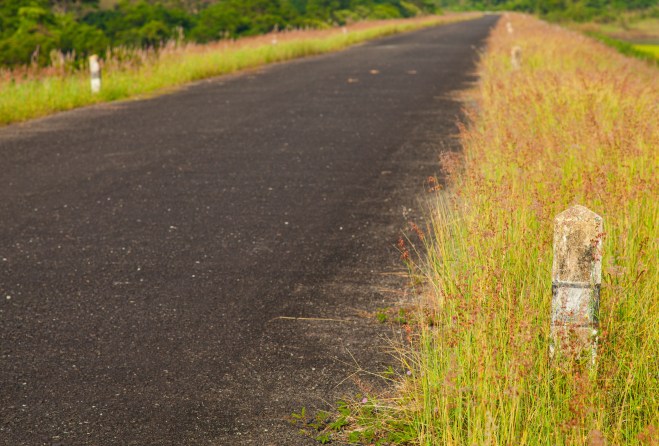
“Does the road wind up-hill all the way?”
“Yes, to the very end.”
“Does the day’s long journey take the whole long day?”
“From morn to night, my friend.”
This poem by Christina Rossetti has often given me encouragement to keep stepping onward and upward on my own life’s journey. Just recently, Rossetti’s poem came to mind again— when I noticed that many Cladach book titles allude to various aspects and dimensions of this journey called ‘life.’ For instance,
that up-hill road will be an adventure that requires us to WALK, taking one step after another:
As we walk, we will inevitably need to TRUST:
The Journey will require COURAGE:

We may need to RUN (turning from SHAME and toward LOVE):
Our journey may provide ESCAPE and NEW BEGINNINGS:
Our journey may be fraught with DANGERS:
Our journey will involve SEARCHING and FINDING:
We will COME to oases that bid us to STAY awhile, be REFRESHED, experience HEALING, and CELEBRATE:
The journey provides stretches of solitude for PONDERING, CONTEMPLATING, and REMEMBERING:
The journey includes places to PAUSE, let others pass by, and find RENEWED PERSPECTIVE:
Along the journey we may find ourselves PRAYING, PRAISING, even LAMENTING:

Opening our hearts, we will experience Renewed WONDER and Freer IMAGINATIONS:

And the rest of Christina Rossetti’s poem:
But is there for the night a resting-place?
A roof for when the slow dark hours begin.
May not the darkness hide it from my face?
You cannot miss that inn.
Shall I meet other wayfarers at night?
Those who have gone before.
Then must I knock, or call when just in sight?
They will not keep you standing at that door.
Shall I find comfort, travel-sore and weak?
Of labor you shall find the sum.
Will there be beds for me and all who seek?
Yea, beds for all who come.
























